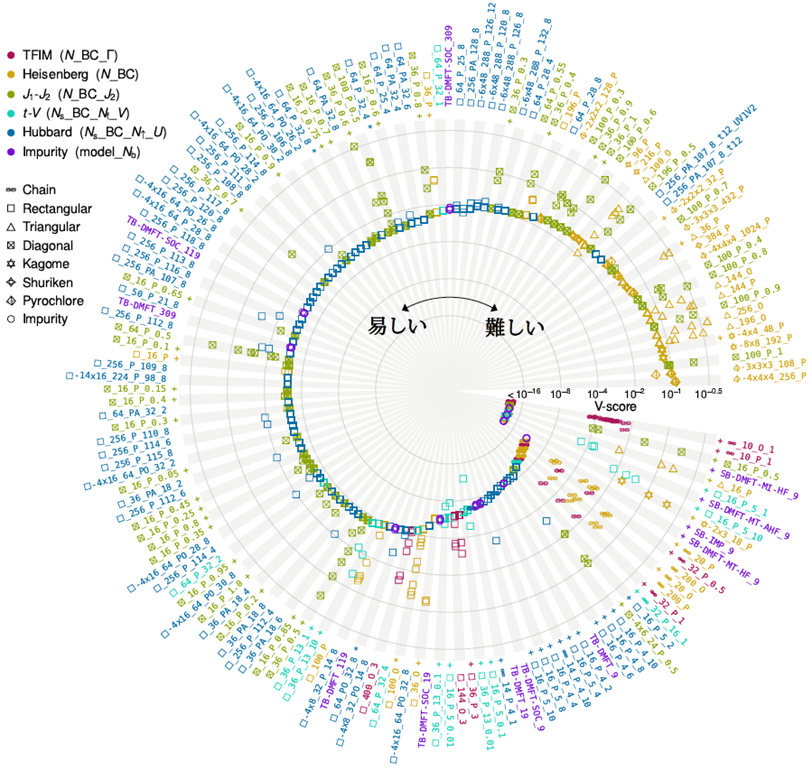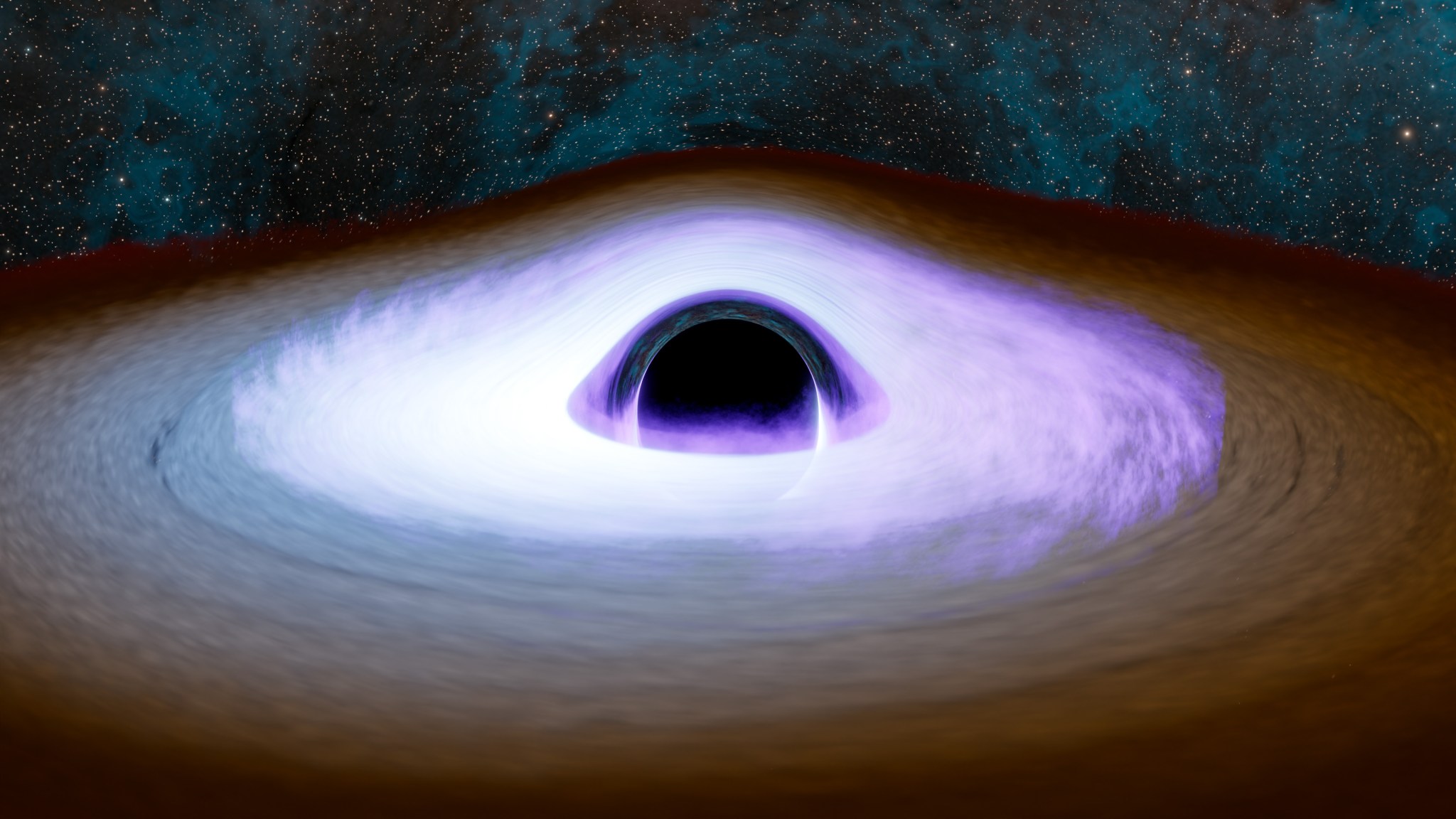2024-10-18 スイス連邦工科大学ローザンヌ校(EPFL)

©EPFL/iStock photos (Peter Hansen)
<関連情報>
- https://actu.epfl.ch/news/new-benchmark-helps-solve-the-hardest-quantum-prob/
- https://www.science.org/doi/10.1126/science.adg9774
- https://tiisys.com/blog/2024/10/18/post-146089/
量子多体問題のための変分ベンチマーク Variational benchmarks for quantum many-body problems
Dian Wu, Riccardo Rossi, Filippo Vicentini, Nikita Astrakhantsev, […], and Giuseppe Carleo
Science Published:17 Oct 2024
DOI:https://doi.org/10.1126/science.adg9774
Editor’s summary
Predicting the behavior of interacting quantum many-body systems using theoretical and computational methods is notoriously difficult. However, not all such problems are equally challenging with current techniques. Wu et al. analyzed the results of several variational methods applied to computing the ground state of a wide variety of many-body Hamiltonians. The researchers defined a metric called a V-score that they used to quantify the accuracy of these calculations. The V-score can be used to identify areas where the further development of algorithms and computational platforms could lead to improved accuracy. —Jelena Stajic
Abstract
The continued development of computational approaches to many-body ground-state problems in physics and chemistry calls for a consistent way to assess its overall progress. In this work, we introduce a metric of variational accuracy, the V-score, obtained from the variational energy and its variance. We provide an extensive curated dataset of variational calculations of many-body quantum systems, identifying cases where state-of-the-art numerical approaches show limited accuracy and future algorithms or computational platforms, such as quantum computing, could provide improved accuracy. The V-score can be used as a metric to assess the progress of quantum variational methods toward a quantum advantage for ground-state problems, especially in regimes where classical verifiability is impossible.



